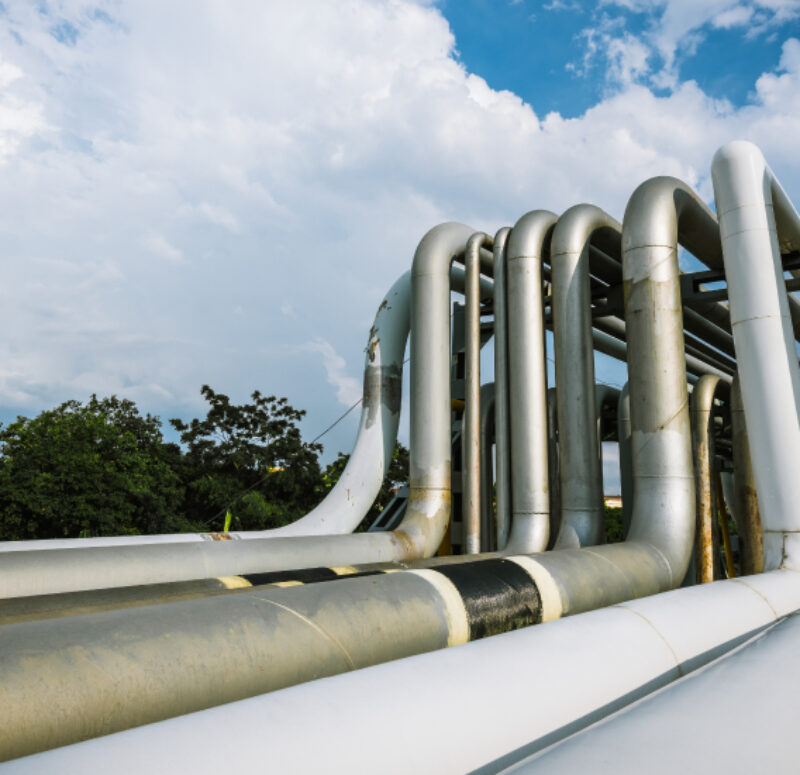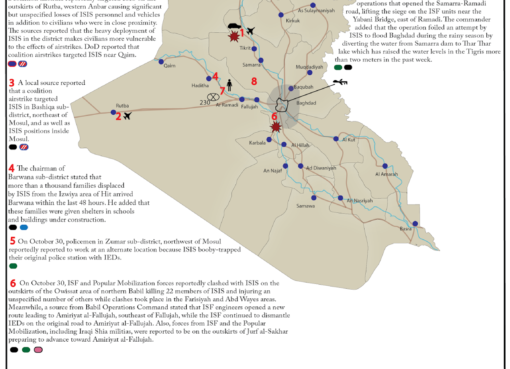Common Seawater Supply Project (CSSP) package is estimated to be worth $1.5bn
Contractors have submitted revised bids to win the pipeline contract that forms part of Iraq’s $4bn Common Seawater Supply Project (CSSP), according to industry sources.
“Iraq has become more concerned about financing options for the project,” said one source.
“Proposals had to be updated recently to include financing options, if available.”
The pipeline package is estimated to be worth $1.5bn.
In October 2021, MEED revealed that state-owned China Petroleum Pipeline Engineering and Turkey’s Tekfen were front-runners to win the pipeline contract.
The four entities that submitted technical bids for the CSSP’s pipeline package in 2019 were:
Petrofac (UK) / China Harbour (China)
Hyundai Engineering & Contracting (South Korea) / Saipem (Italy)
China Petroleum Pipeline Engineering Company (CPP – China)
Tekfen (Turkey)
In addition to the pipeline package, the other major package that forms part of the CSSP is for the water processing plant.
South Korea’s Hyundai Engineering & Contracting (Hyundai E&C) is the front-runner to execute the water processing plant contract.
Hyundai E&C was previously awarded a $2.45bn contract for the CSSP’s water treatment plant package in June 2019, but the company was never deployed to execute the project amid growing uncertainty over how it would be funded.
In September, the French energy company TotalEnergies, previously known as Total, signed a $27bn energy deal in Iraq that included taking on several major energy projects, including the CSSP.
Project delays
In recent weeks, there have been increased concerns about the viability of the $27bn Iraq energy deal struck by TotalEnergies.
Progress on the agreement has stalled amid disputes over terms and risks being scrapped by Iraq’s new government, according to a Reuters report that was published on 14 February.
The report said progress had stalled because the ministry did not have agreement on the deal’s financial details with all the government departments that needed to approve it.
The deal needs approval from a new Iraqi cabinet, including new oil and finance ministers, who will not be in place until at least the end of March.
Iraq’s government has issued a statement denying that the project is stalling.
Under the deal’s draft terms, TotalEnergies is relying on getting $10bn of initial investment to fund the wider project via oil sales from the Ratawi oil field, one of four projects in the broader agreement.
The CSSP has been redesigned and delayed multiple times since it was initially announced with a budget of $13bn.
The project aims to bring large volumes of water into Iraq’s main oil-producing areas to be injected into wells, boosting oil output.
The water will be transported by pipeline from the sea and purified in large treatment plants.
It has strategic importance for Iraqi oil production as a lack of water in Iraq’s Basra region restricts oil production at many of the country’s biggest oil fields as they mature.
Water shortages are also causing political issues and social unrest.
A report published in 2019 by Human Rights Watch concluded that for almost 30 years, Iraqi authorities have failed to ensure that Basra residents have sufficient, safe drinking water, resulting in ongoing health concerns.
The situation culminated in an acute water crisis in 2018 that sent at least 118,000 people to hospital and led to violent protests.
15 FEBRUARY 2022BY WIL CRISP








Comment here